How to Choose the Right Bakeware for Beginners
Table of Contents

INGREDIENTS
INSTRUCTIONS
Choose the Right Bakeware
Choosing the right bakeware can feel overwhelming, especially with so many options available. But don't worry, I've been there too, and I'm here to help you navigate through it.
Essential Bakeware for Beginners
When I first started baking, I quickly learned that having a few essential pieces of bakeware made all the difference. Here are some must-have items that every beginner should consider:
-
Cake Pans: These are versatile and can be used for cakes, brownies, and even some casseroles. I recommend starting with a 6-inch round cake pan.
- Muffin Tins: Perfect for cupcakes and muffins, these tins can also be used for mini quiches or even small meatloaves.
- Baking Sheets: A good-quality baking sheet is essential for cookies, roasting vegetables, or baking bread. Look for ones with a rim to prevent spills.
These items form the foundation of your bakeware collection and will serve you well in a variety of recipes.
Types of Bakeware
Understanding the different types of bakeware can help you make informed decisions. Each shape serves a specific purpose, and knowing this can enhance your baking experience.
- Round Pans: Ideal for layer cakes and cheesecakes. They provide even heat distribution, which is crucial for consistent results.
- Square Pans: Great for brownies and bar cookies. The straight sides allow for even slicing and presentation.
- Loaf Pans: Perfect for bread and pound cakes. The tall sides help the batter rise evenly, giving you a beautiful loaf every time.
Each type of bakeware has its unique benefits, and having a variety in your kitchen allows you to tackle any recipe with confidence. Remember, choosing the right bakeware not only improves your baking results but also makes the process more enjoyable.
Bakeware Materials
When I first started baking, I found myself overwhelmed by the variety of bakeware materials available. Each material offers unique benefits, and understanding these can help you choose the right bakeware for your needs. Let me share what I've learned about some popular options.
Aluminum
Aluminum bakeware quickly became a favorite of mine due to its excellent heat conduction. It heats up fast and distributes heat evenly, which is crucial for achieving consistent baking results. However, aluminum can react with acidic ingredients, which might affect the taste of your baked goods. Despite this, I find it easy to care for and lightweight, making it a great choice for beginners.
Non-stick
Non-stick bakeware is a game-changer, especially when you're just starting out. The non-stick coating ensures that your cakes and cookies release effortlessly, reducing the chances of them sticking to the pan. This feature also makes cleanup a breeze, which I truly appreciate after a long baking session. Just remember to use non-metal utensils to avoid scratching the surface.
Silicone
Silicone bakeware stands out for its flexibility and storage advantages. It's lightweight and can be easily folded or stacked, saving precious kitchen space. I love using silicone molds for delicate baked goods like muffins and cupcakes because they pop out without any hassle. Plus, silicone is naturally non-stick, adding to its convenience. However, it doesn't conduct heat as well as metal, so I often adjust my baking times slightly.
Choosing the right bakeware material can significantly impact your baking experience. Whether you prefer the quick heat conduction of aluminum, the easy release of non-stick, or the flexibility of silicone, each material has its place in the kitchen. By understanding these differences, you can confidently choose the right bakeware that suits your baking style and needs.
Recommended Sizes
Choosing the right bakeware size is crucial for successful baking. I learned this the hard way when my cake overflowed in the oven because I used a pan that was too small. Understanding standard sizes can help you avoid such mishaps and ensure your baked goods turn out perfectly.
Standard Sizes for Common Bakeware
When I started baking, I quickly realized that having the right size bakeware made a significant difference. Here are some standard sizes that I recommend for beginners:
- Round Cake Pans: The 6-inch (15cm) round cake pan is a staple in my kitchen. It's versatile and commonly used in many cake recipes. If you're planning to bake cakes frequently, consider having both 8-inch (20cm) and 9-inch (22cm) pans. They are the most commonly used sizes and will cover most of your baking needs.
- Square Pans: I use a 6x6-inch square pan all the time for brownies, cookie bars, and small cakes. It's incredibly versatile, and I recommend having at least two in your collection.
- Rectangular Pans: A 9x13-inch rectangular pan is perfect for cakes and casseroles. It's a must-have for any baker, providing ample space for a variety of recipes.
- Loaf Pans: Standard bread loaf pans typically measure 9x5 inches. They're essential for baking bread and pound cakes, ensuring even rising and a beautiful loaf every time.
- Muffin and Cupcake Pans: These come in various sizes, including standard, mini, and jumbo. I love using them for bite-sized treats, and having a standard size is a great starting point.
Having the right size bakeware is important because it affects how your baked goods cook. Too small, and your batter might overflow; too large, and your cake might not rise properly. By choosing the right bakeware sizes, you can ensure even cooking and achieve the best results in your baking endeavors.
Maintenance Tips
Taking care of your bakeware ensures it lasts longer and performs better. I learned this the hard way when I neglected my pans, and they started to lose their non-stick properties. Let me share some tips to help you maintain your bakeware in top condition.
Cleaning Bakeware
Cleaning bakeware properly is crucial for its longevity. Different materials require different cleaning methods, and knowing these can save you a lot of trouble.
Best practices for different materials
- Aluminum Bakeware: I always hand wash my aluminum pans with warm soapy water. Avoid using abrasive scrubbers, as they can scratch the surface. A soft sponge works best for removing any residue.
- Non-stick Bakeware: For non-stick pans, I use a gentle dish soap and a soft cloth. Never use metal utensils or harsh cleaners, as they can damage the coating. If food sticks, soak the pan in warm water before washing.
- Silicone Bakeware: Silicone is dishwasher safe, but I prefer to wash it by hand to maintain its flexibility. A mild detergent and warm water do the trick. Make sure to dry it thoroughly to prevent any lingering odors.
Storing Bakeware
Efficient storage keeps your kitchen organized and your bakeware in good shape. I used to stack my pans haphazardly, which led to scratches and dents. Here's how I improved my storage game.
Efficient storage solutions
- Stacking: I stack similar-sized pans together, placing a soft cloth or paper towel between them to prevent scratches. This method saves space and keeps my bakeware looking new.
- Vertical Storage: For larger items like baking sheets and muffin tins, I use a vertical rack. It makes accessing them easier and prevents them from getting bent or warped.
- Hanging: If you have the space, hanging bakeware like muffin tins or small pans can free up cabinet space. I installed a few hooks inside my pantry door for this purpose.
By following these maintenance tips, you can keep your bakeware in excellent condition, ensuring it serves you well for years to come. Happy baking!
Choosing the right bakeware can truly transform your baking journey. From understanding essential items to selecting the best materials, each decision plays a crucial role in your success. As Sally McKenney, a published baking cookbook author, shares, "This list is a great place to start if you’re a beginner baker." With this newfound knowledge, I encourage you to dive into baking with confidence. Experiment with different bakeware choices and discover what works best for you. Remember, every bake is an opportunity to learn and enjoy. Happy baking!
Frequently Asked Questions


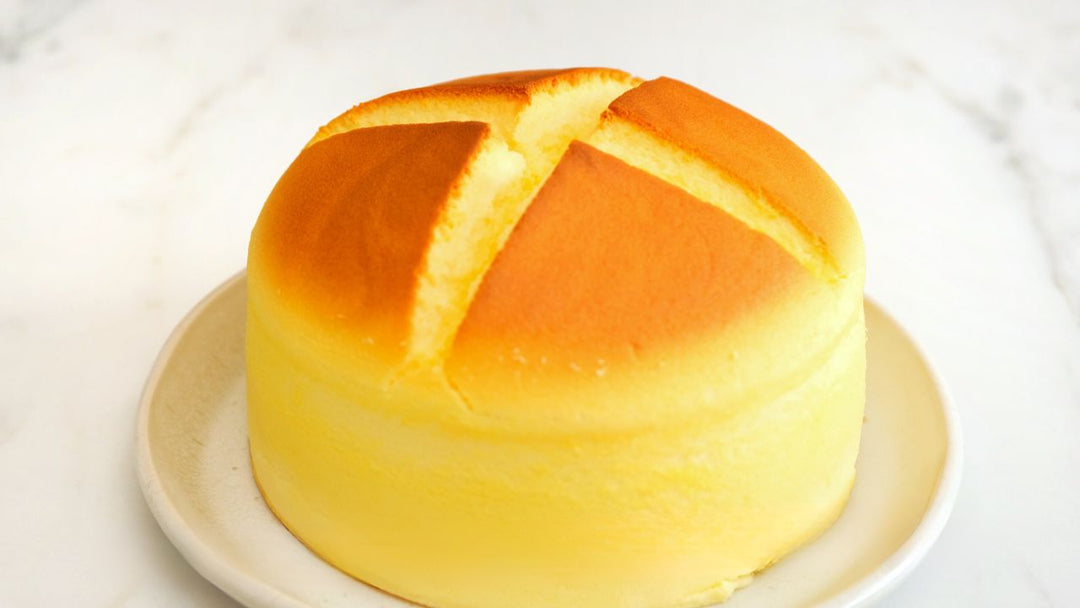
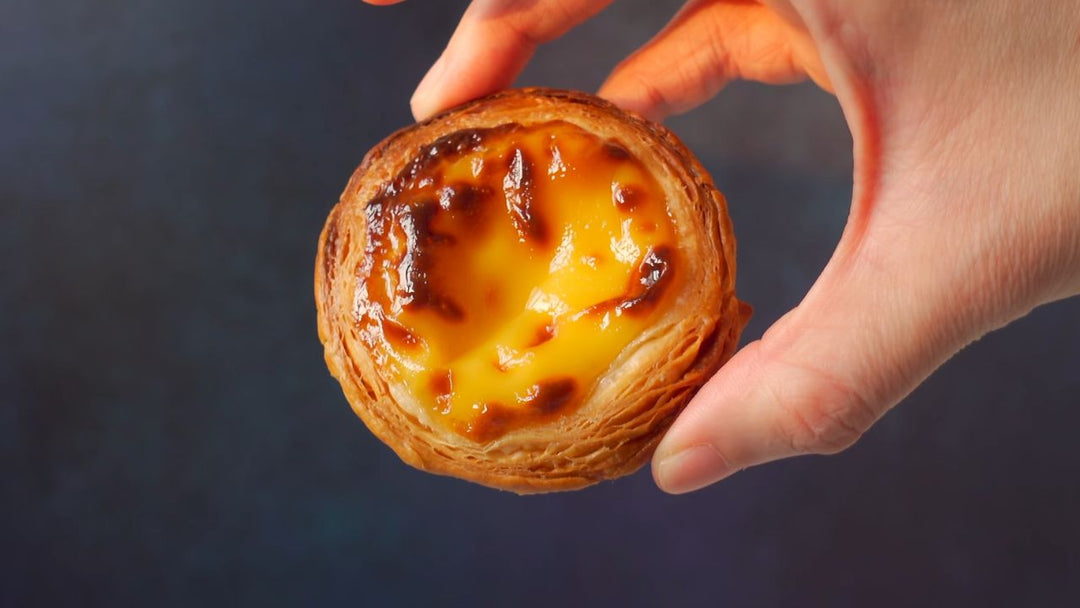
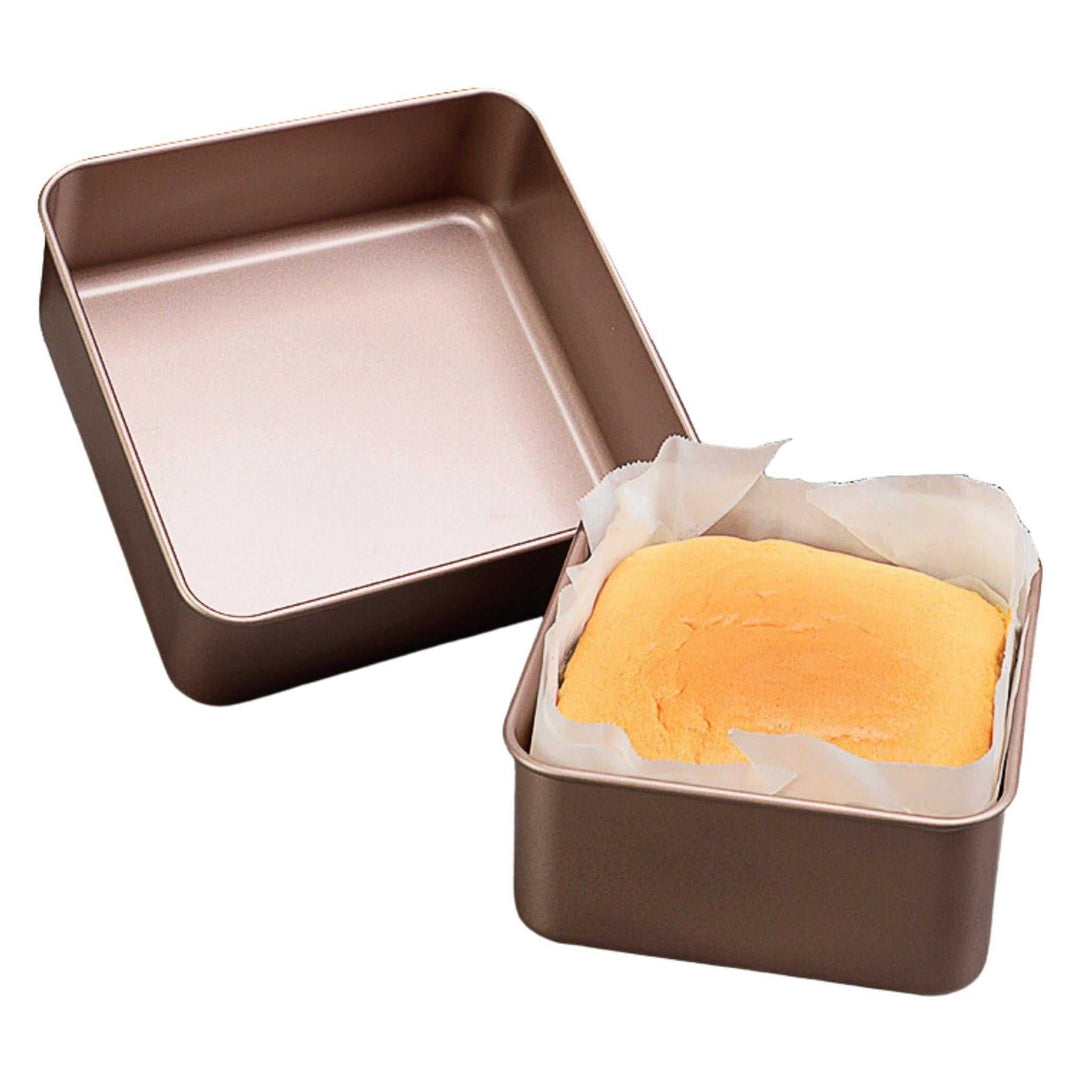
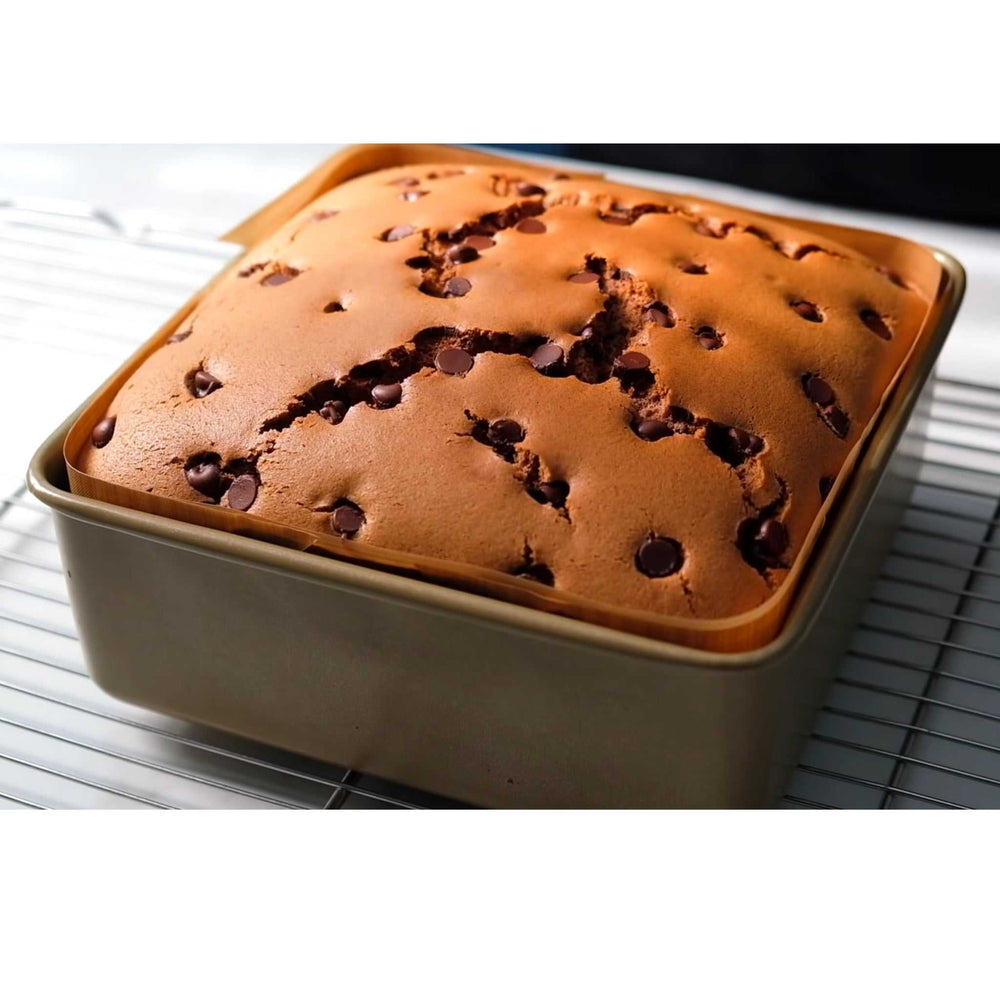
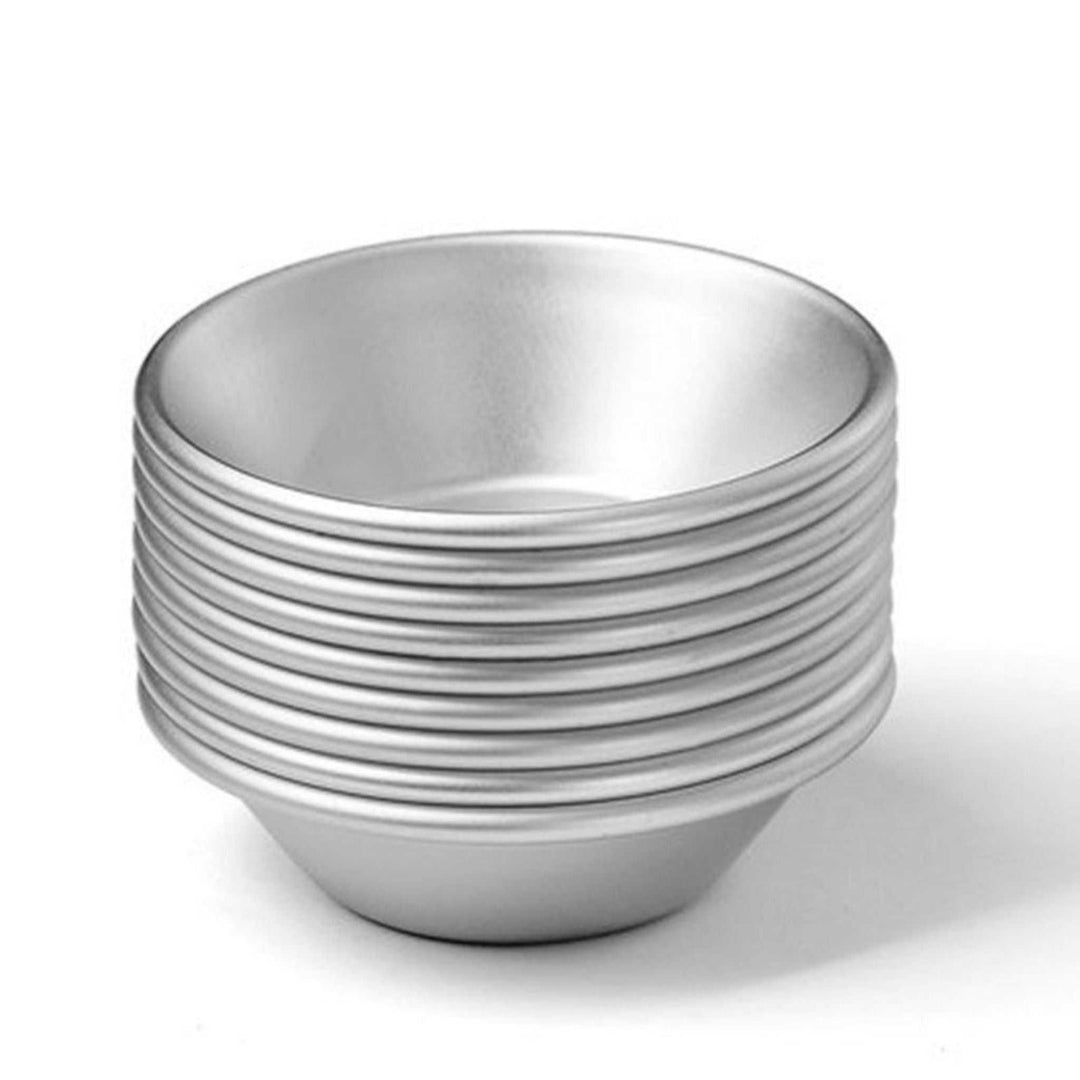
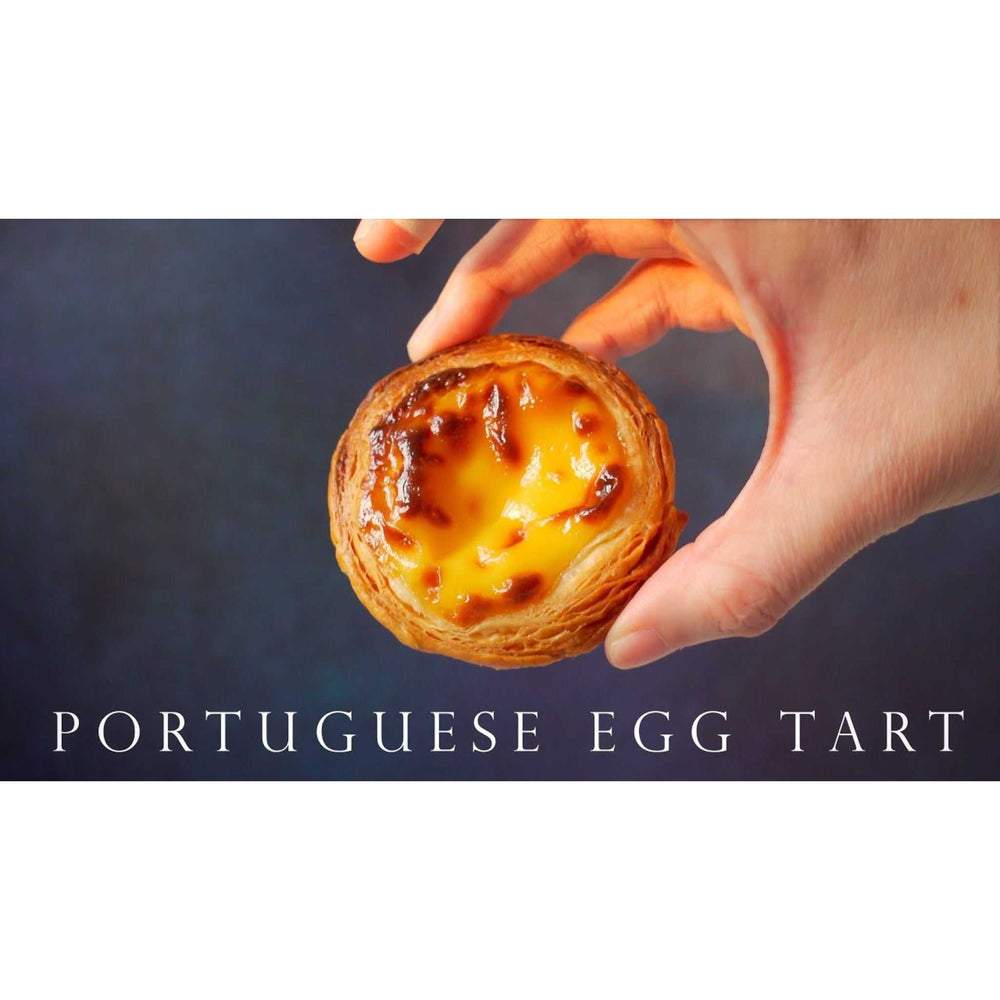
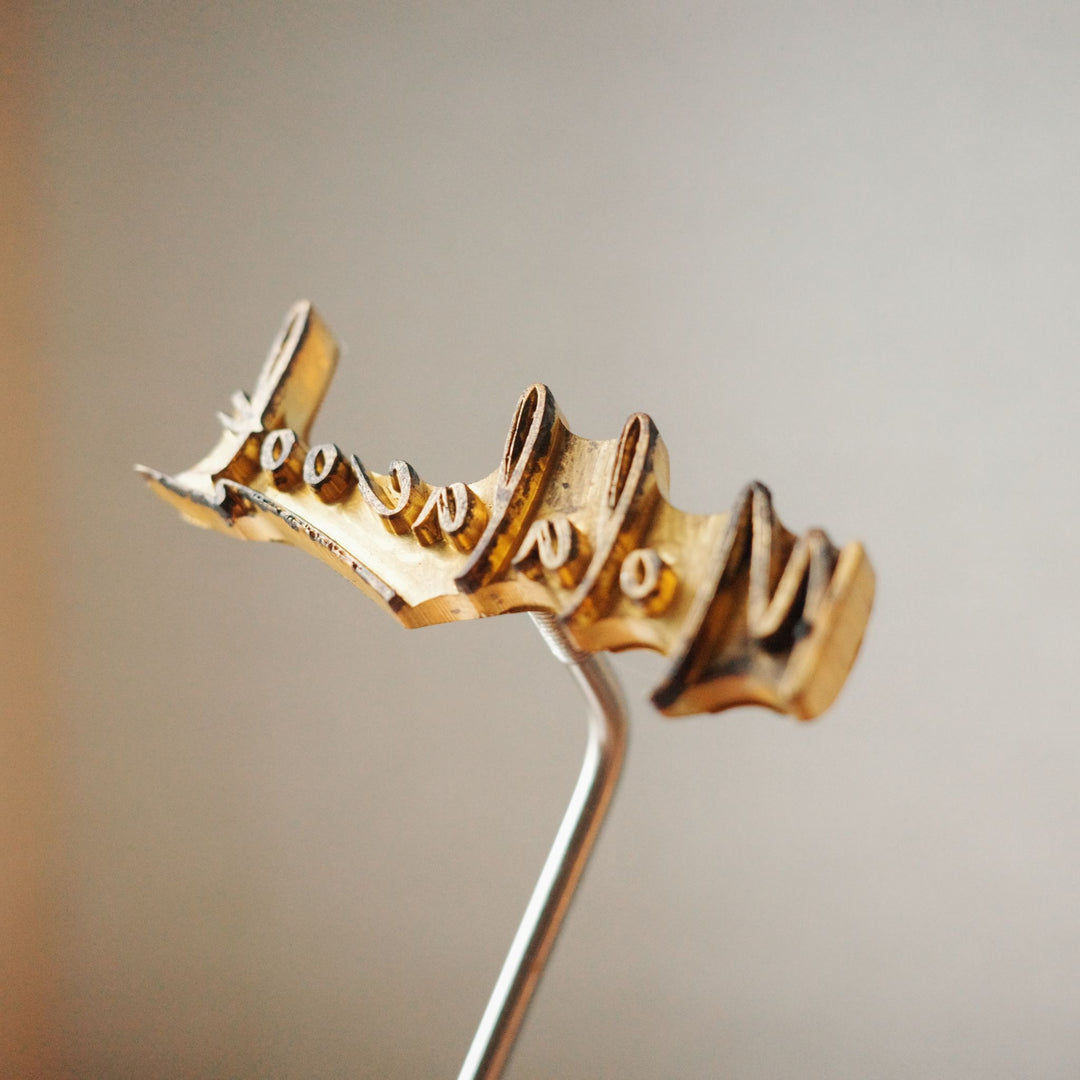
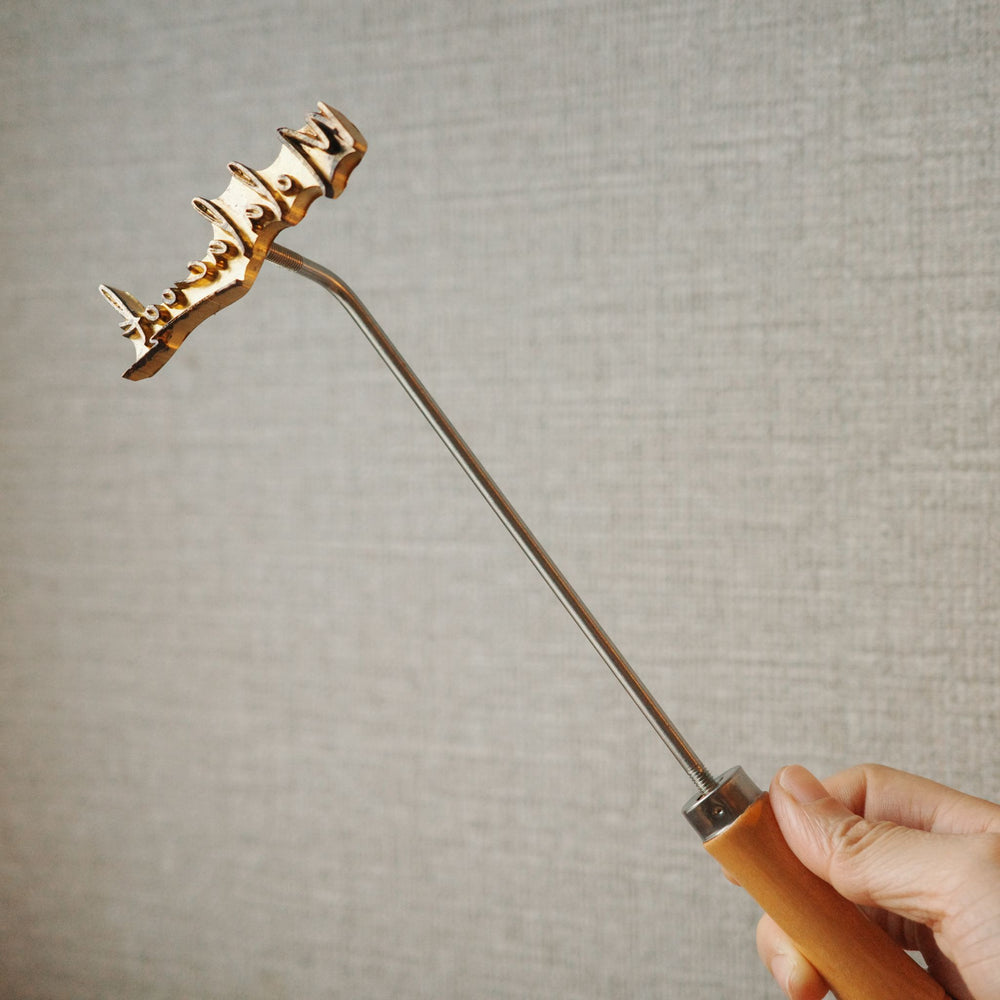


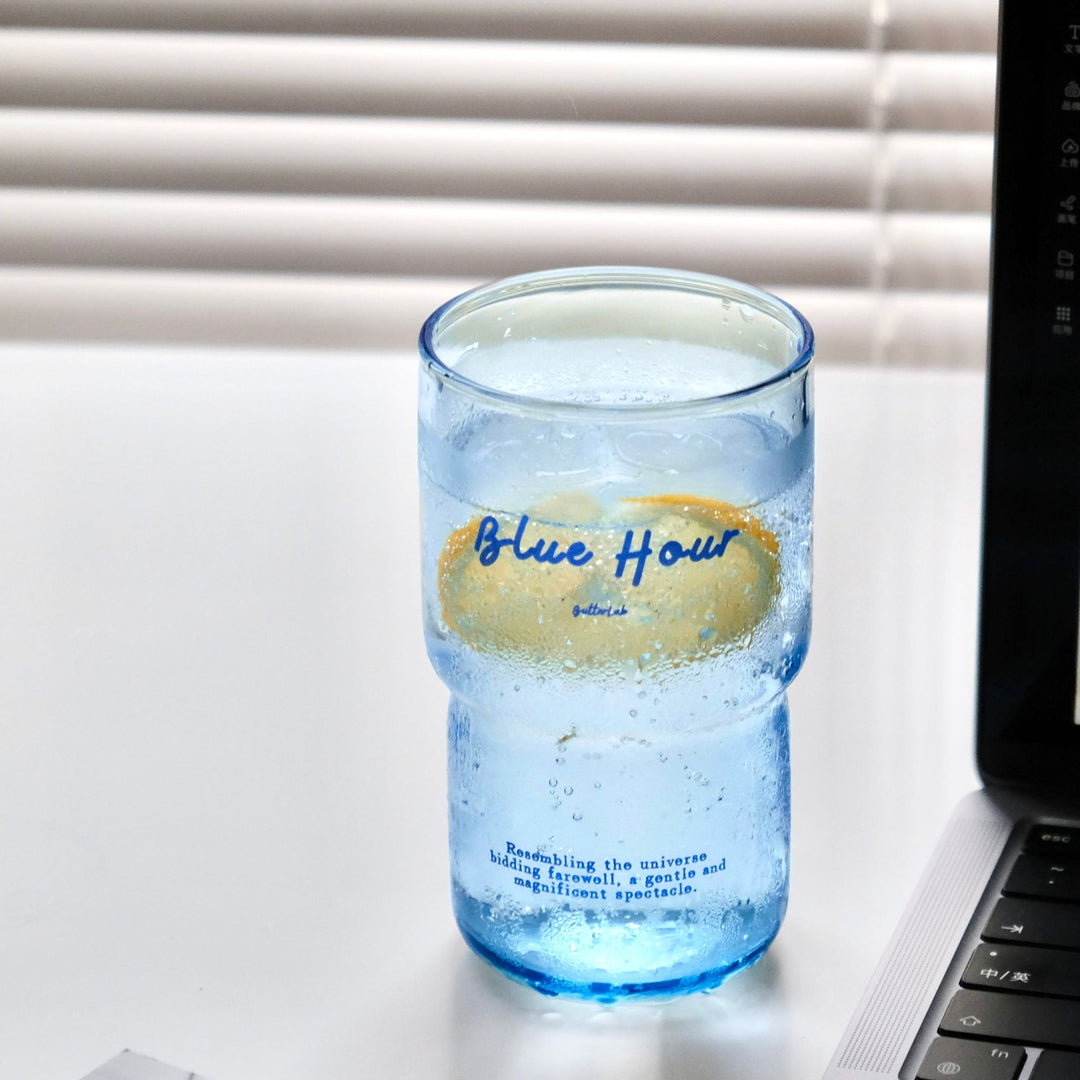
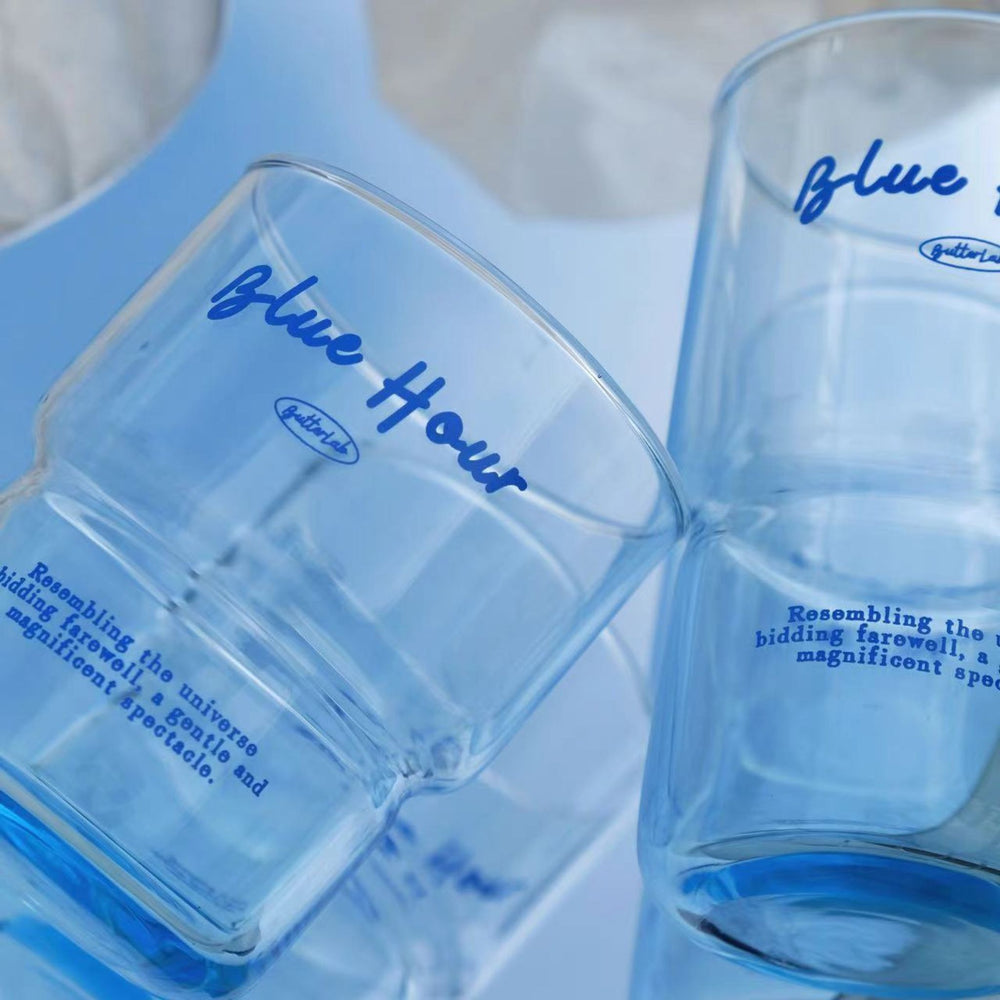
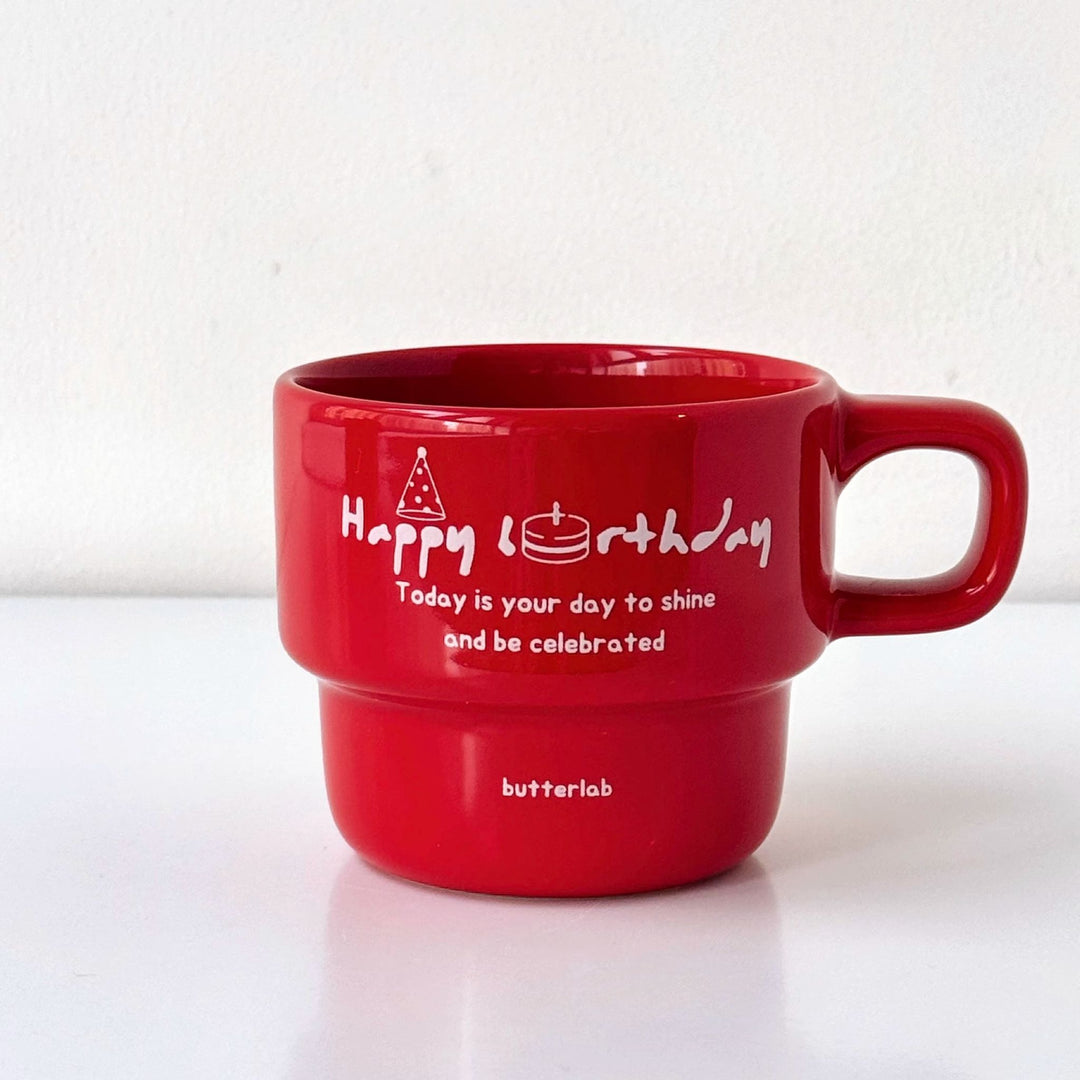
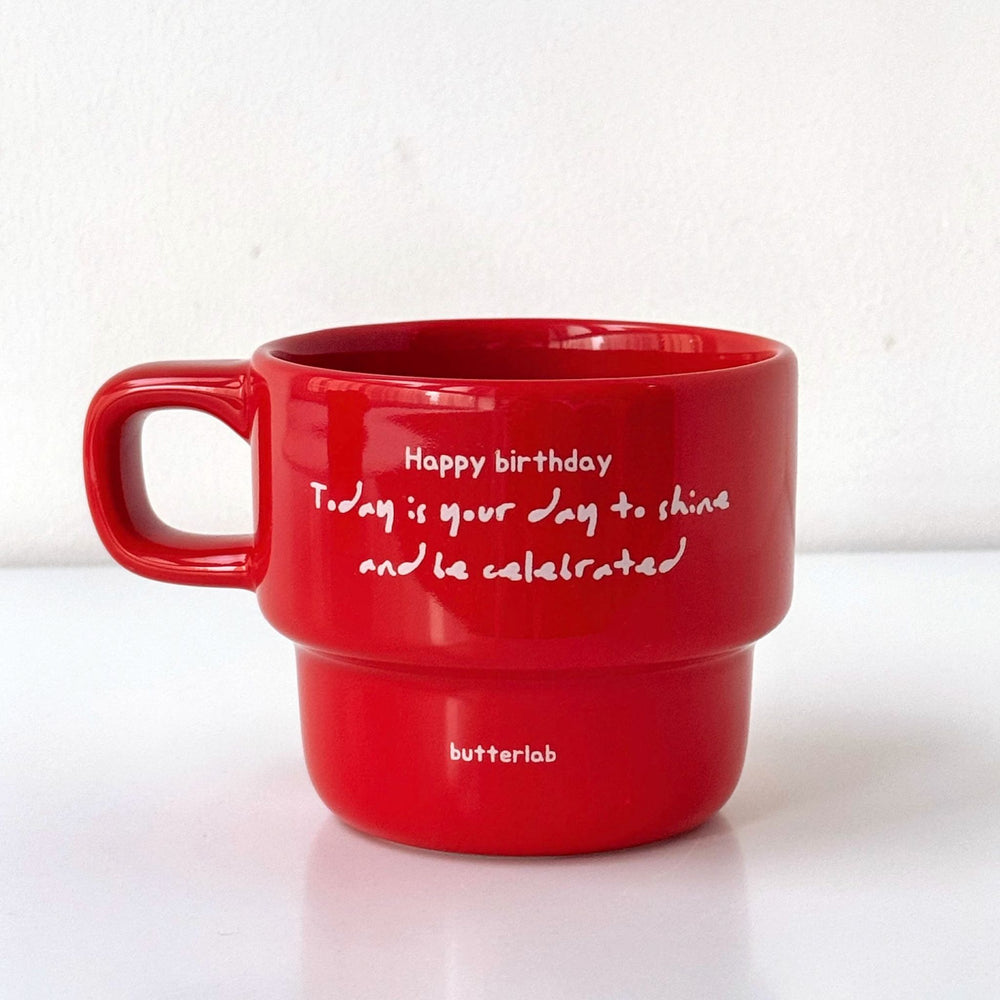
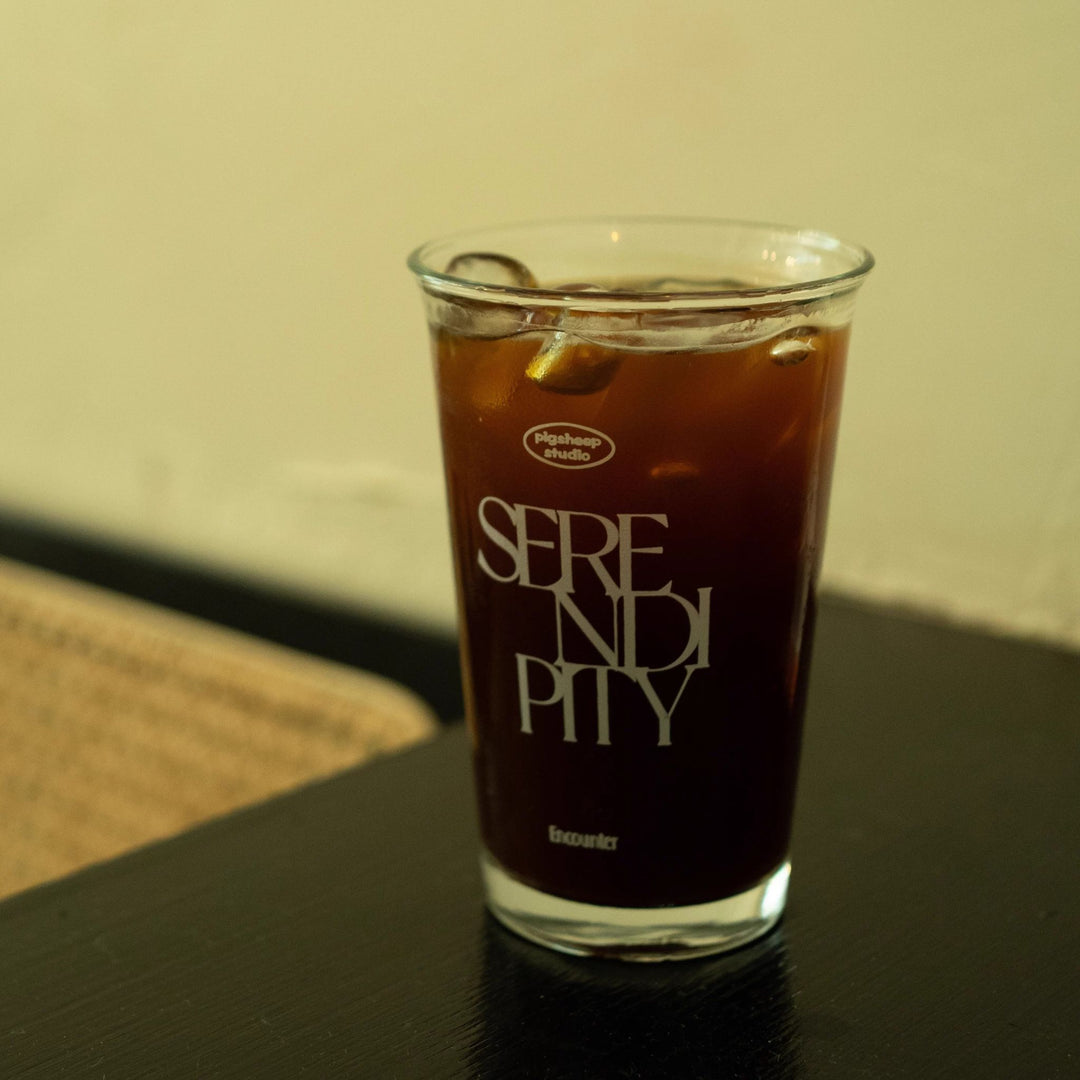
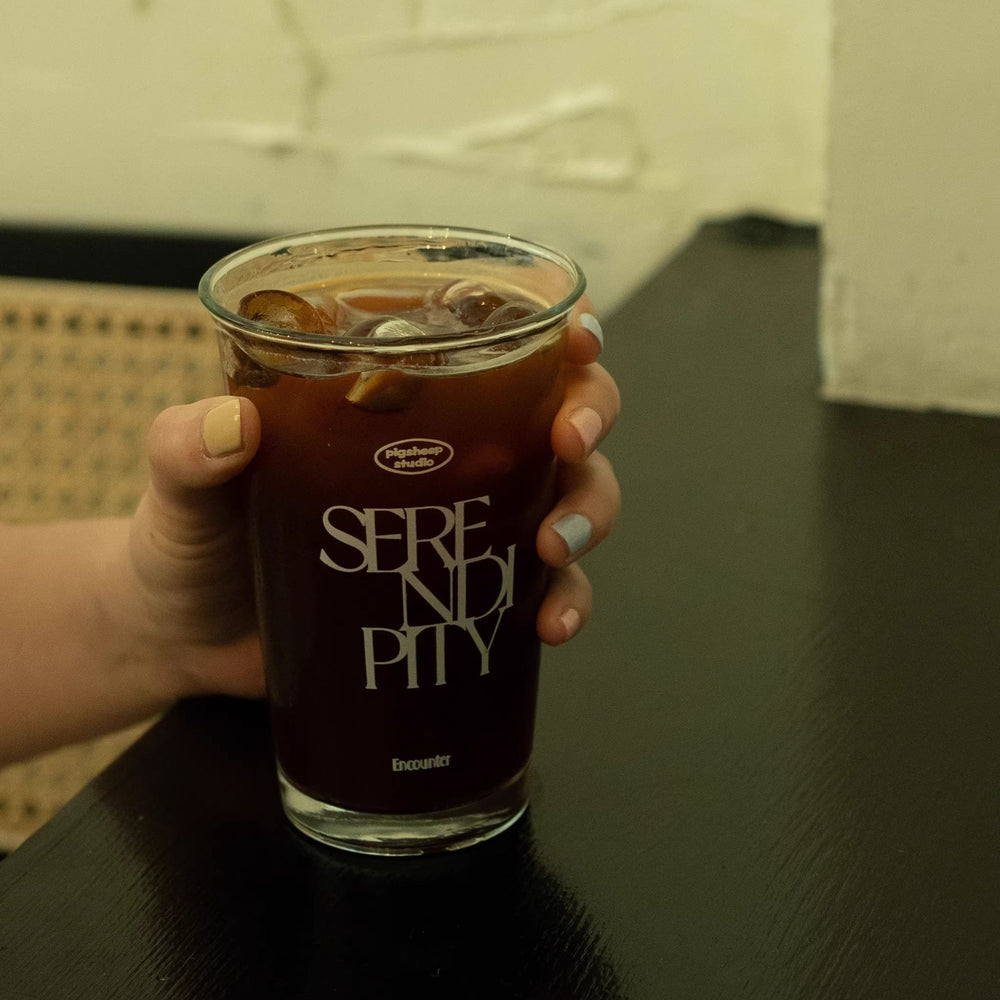
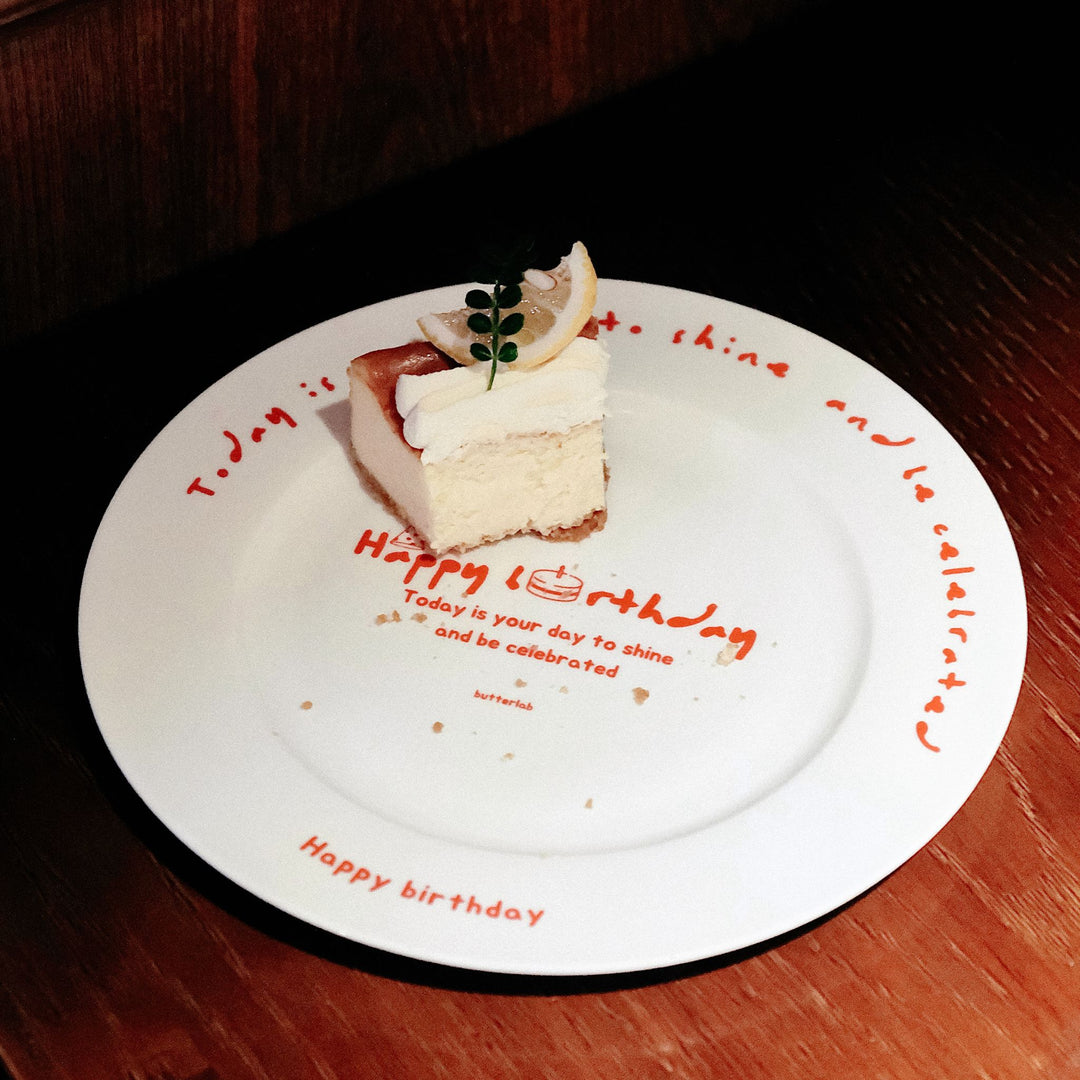
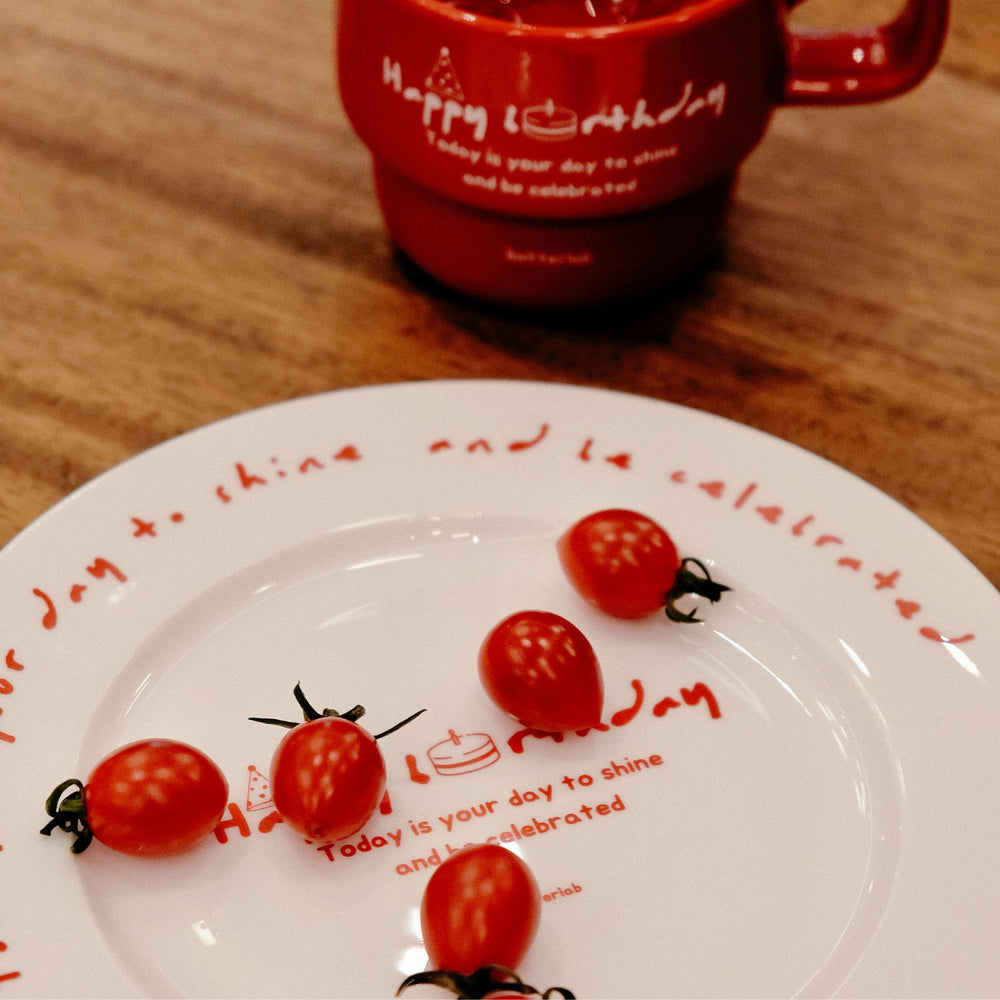
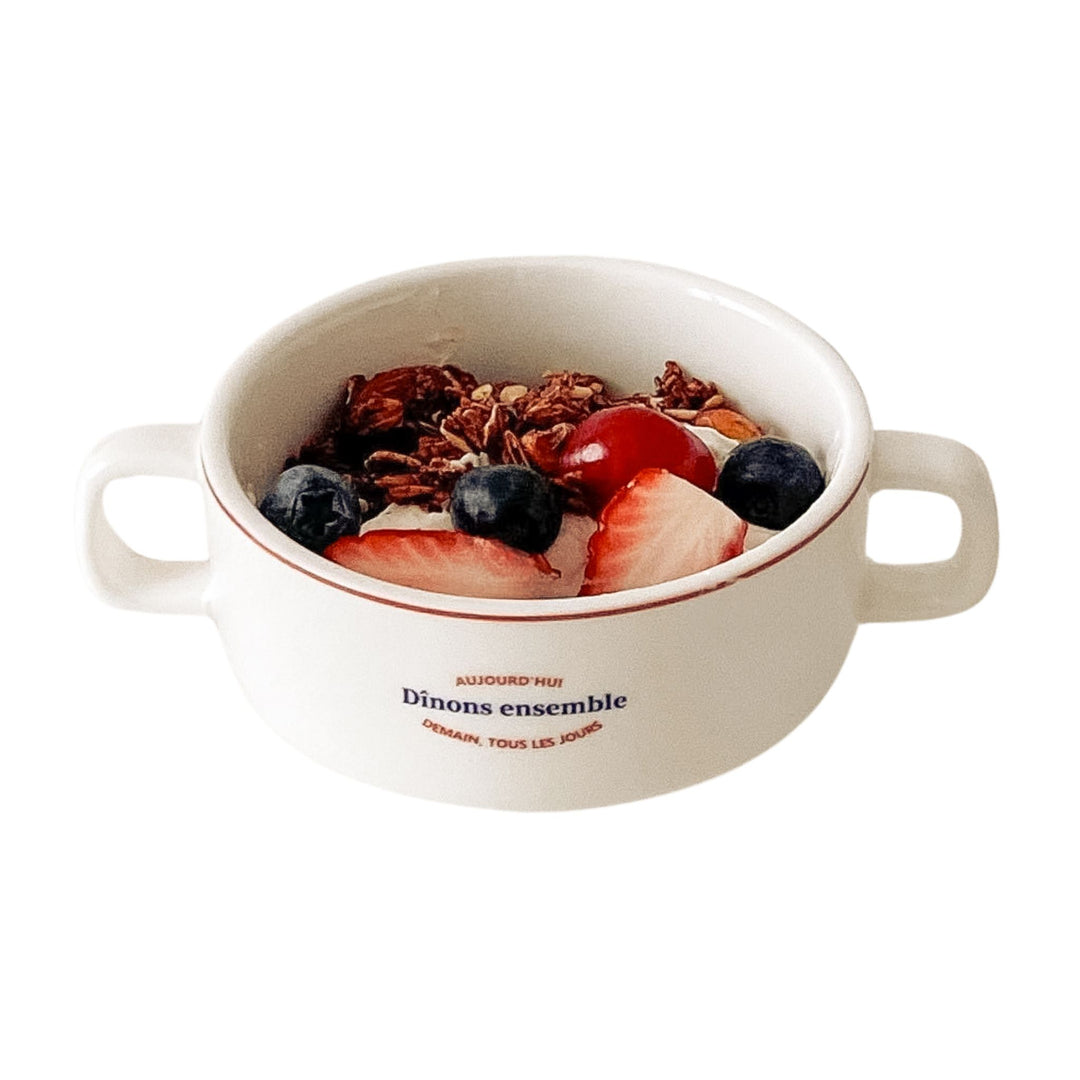
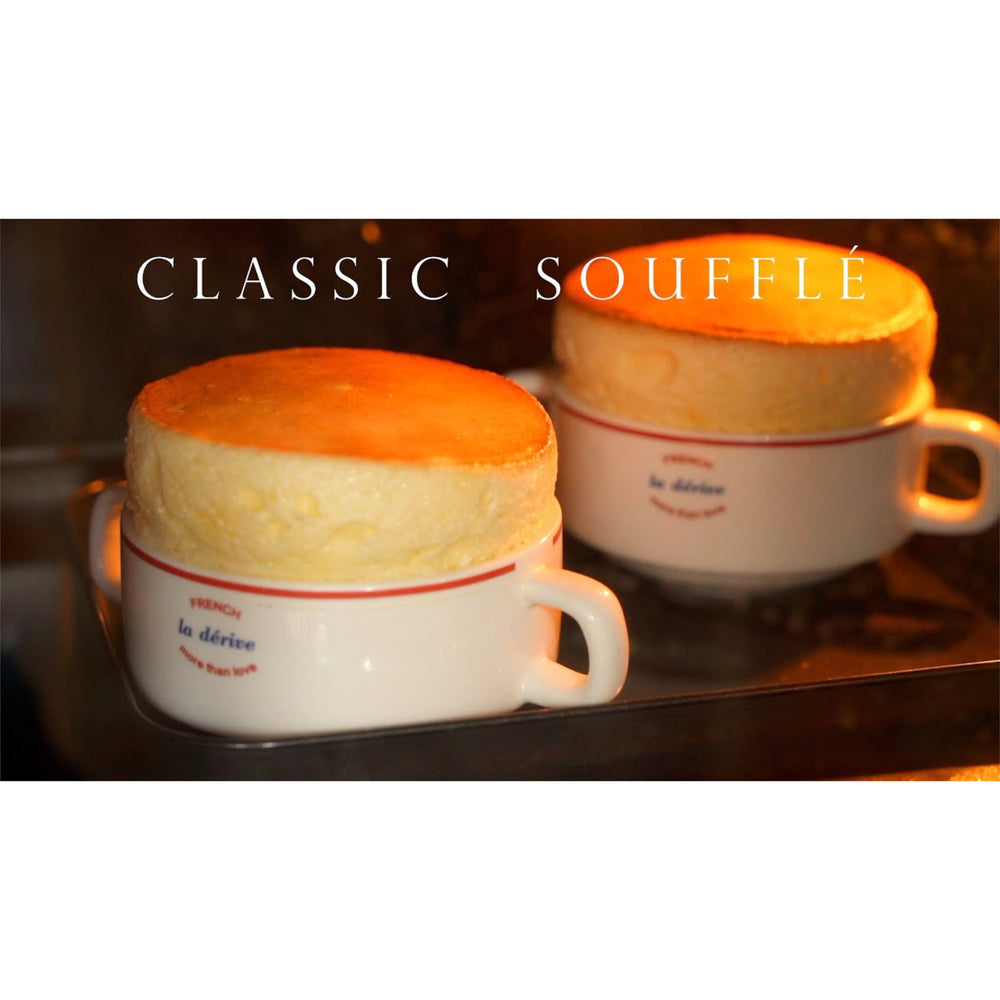
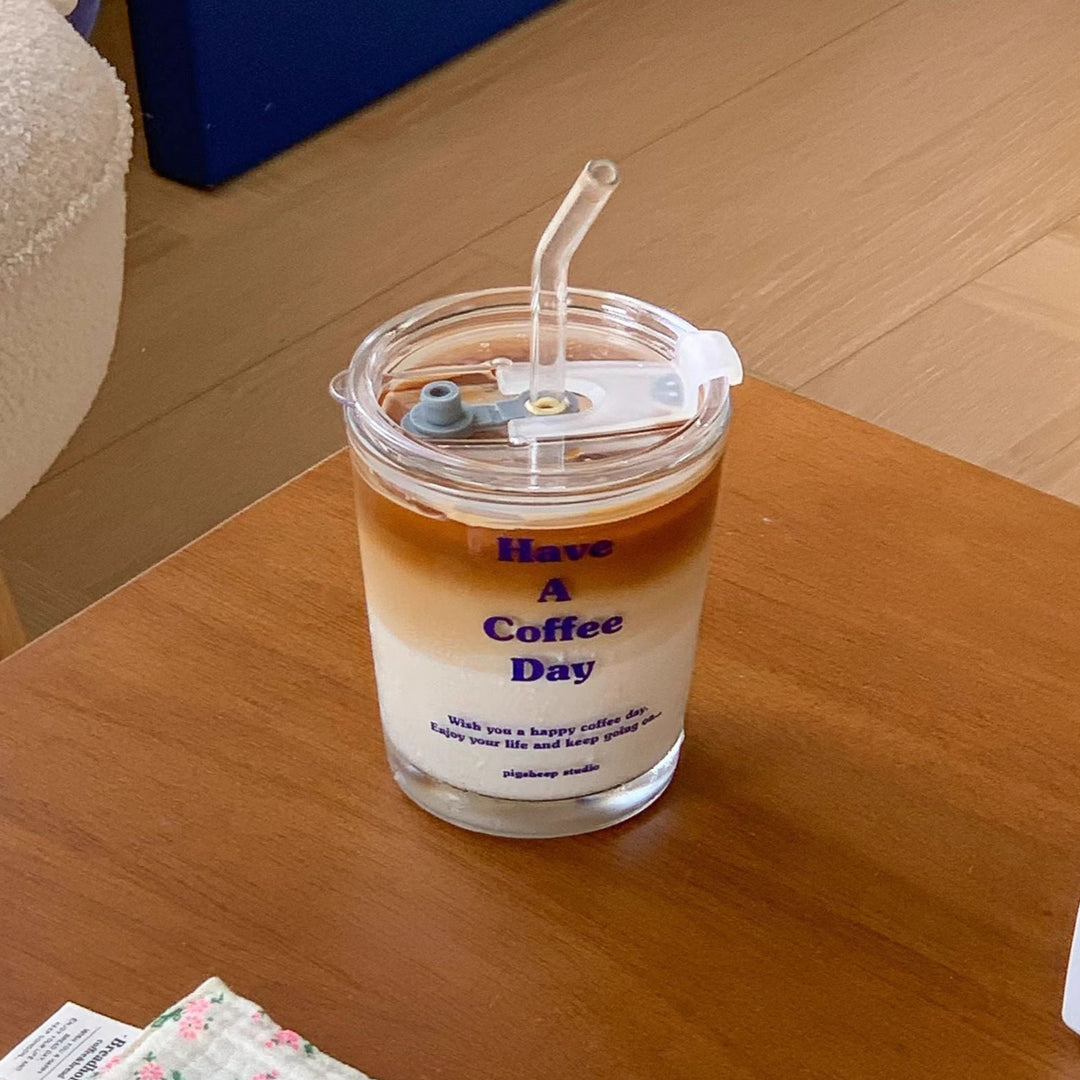
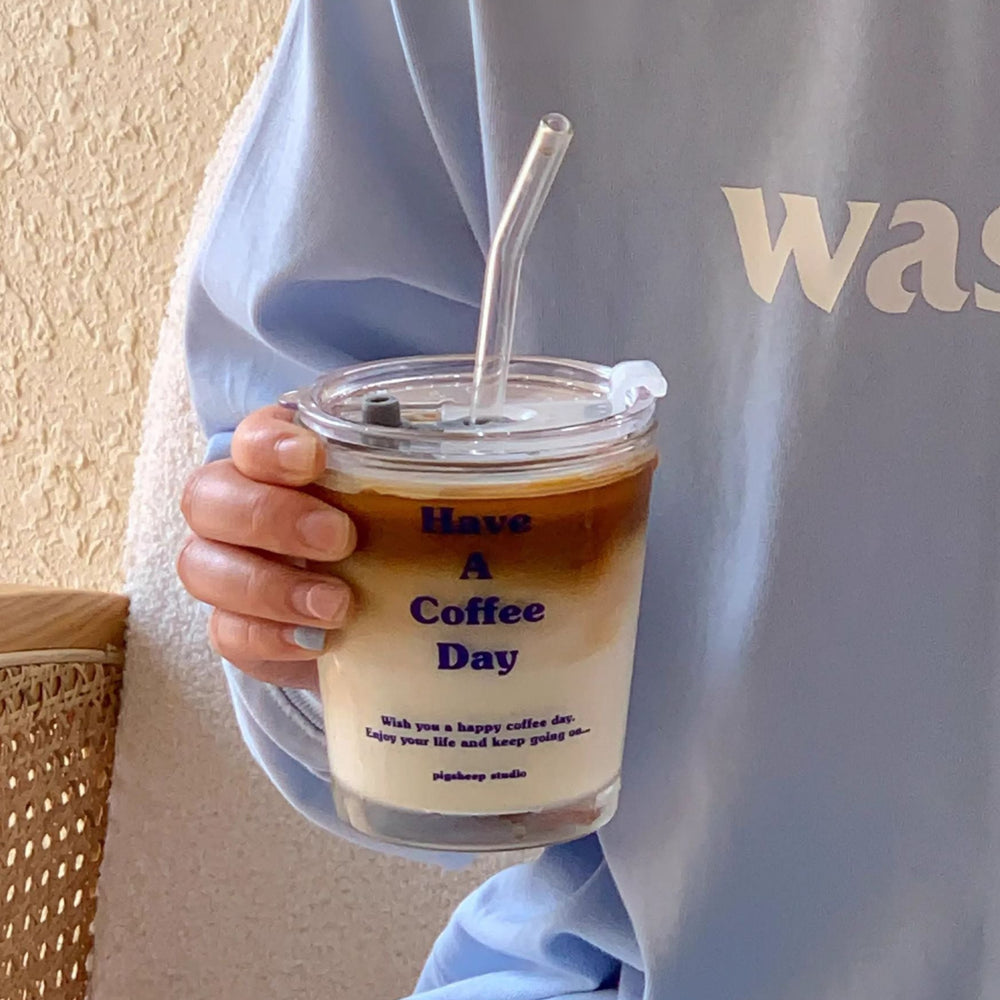
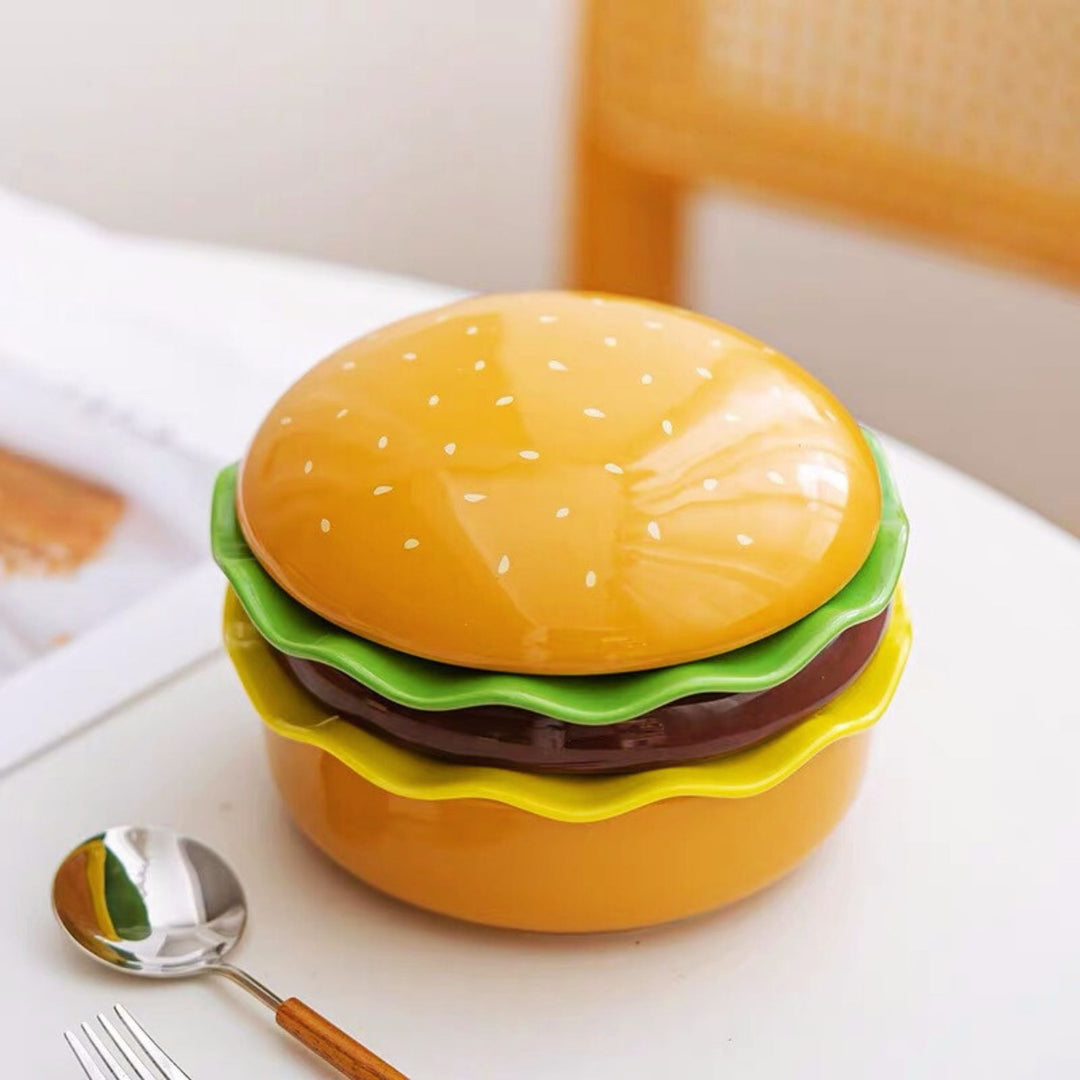
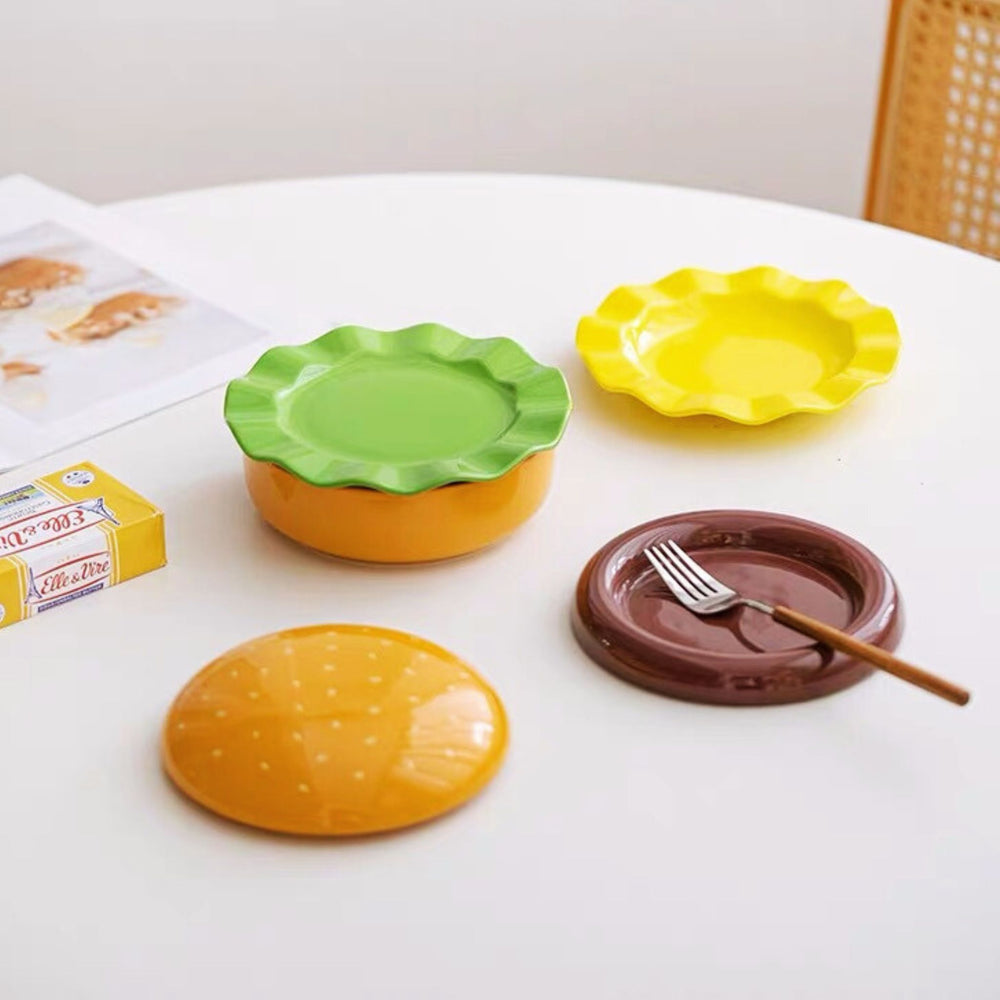
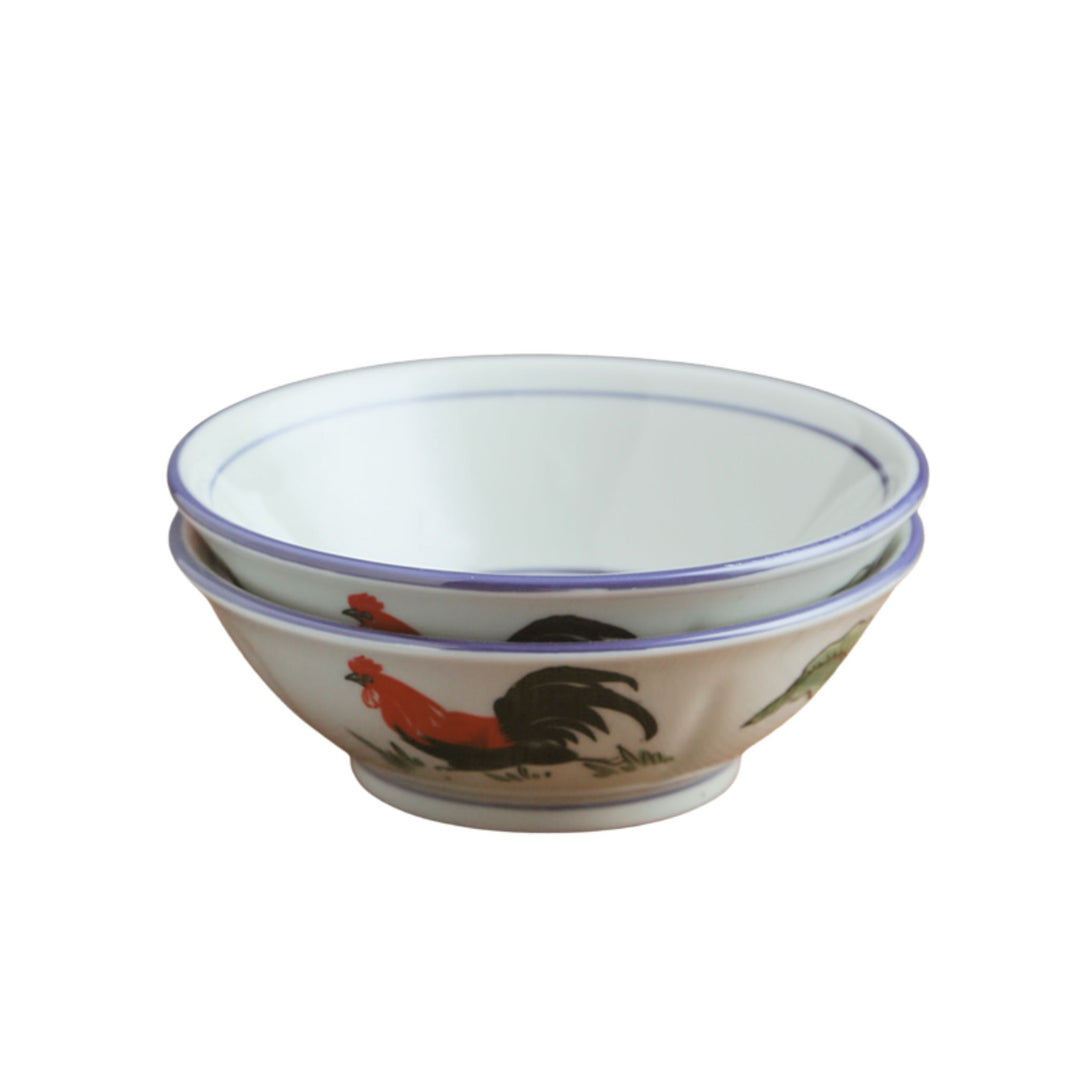
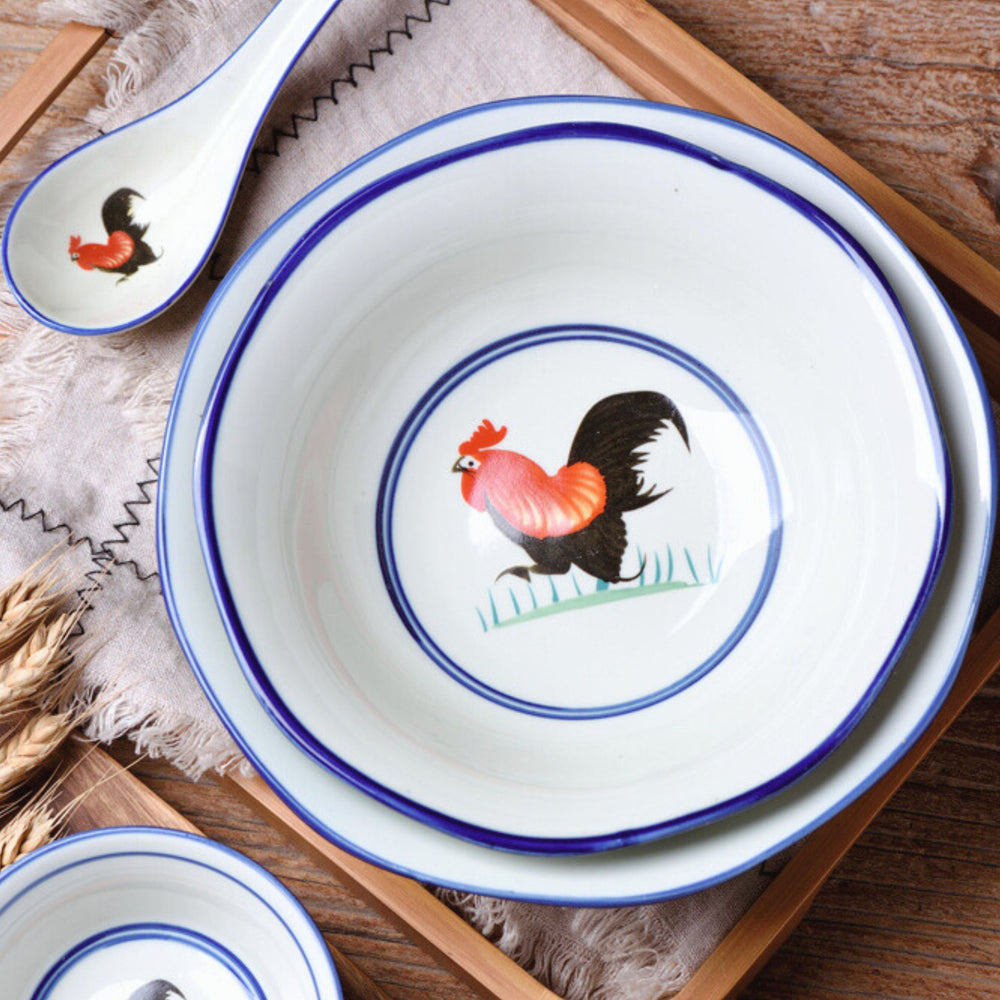
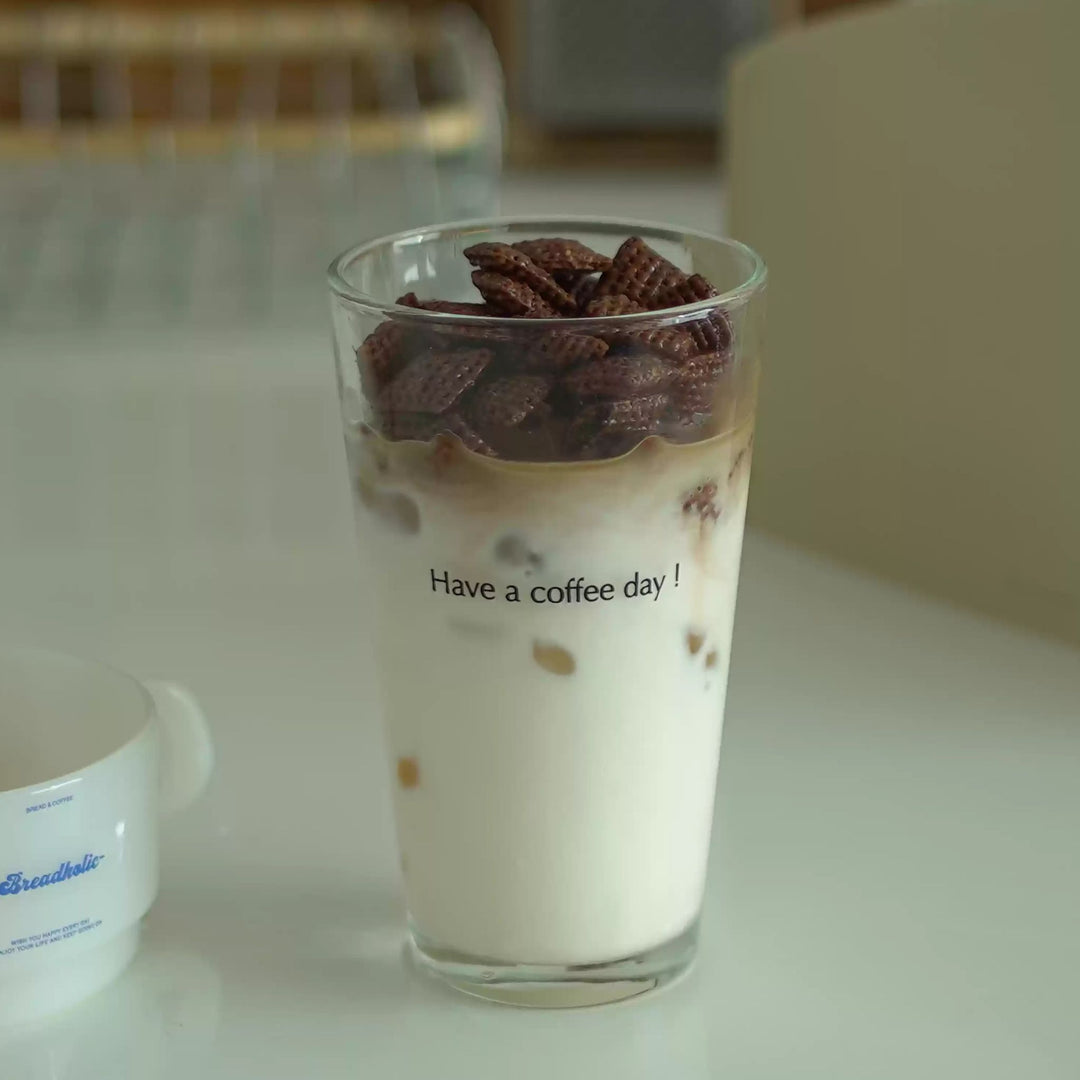
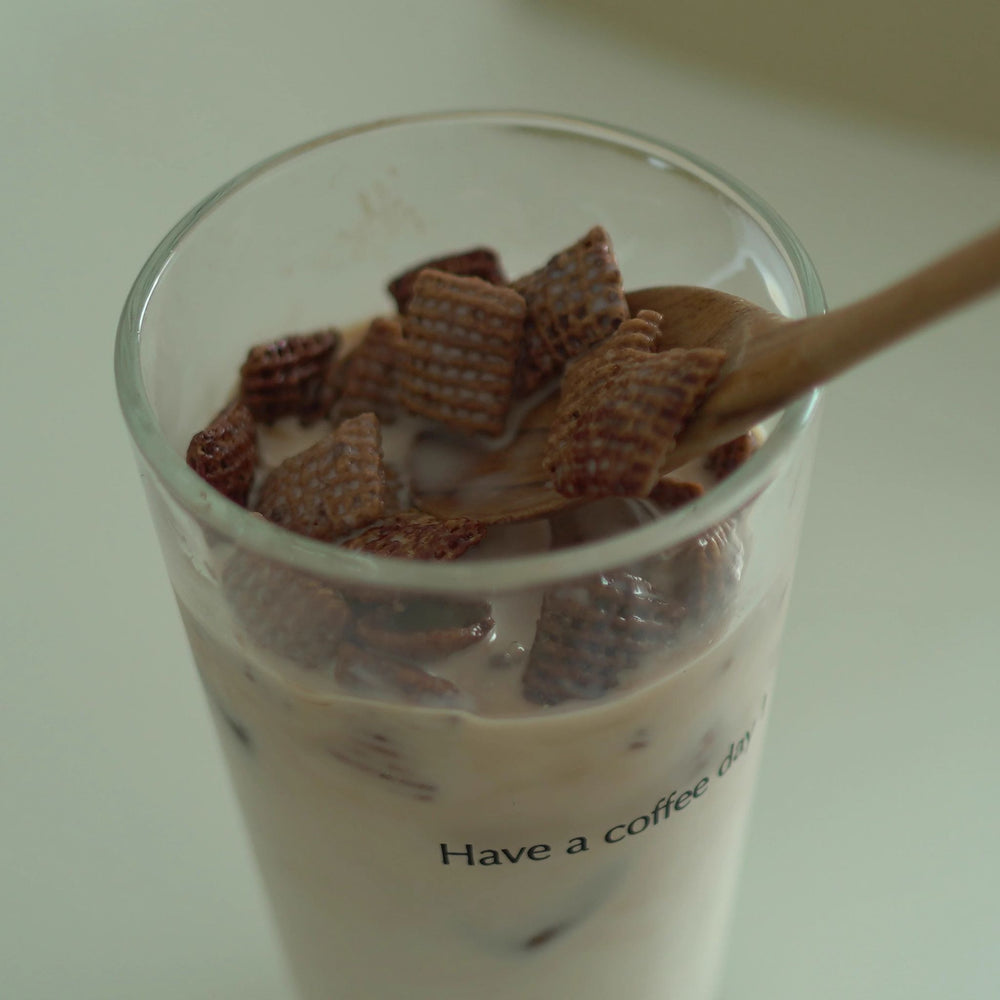
Leave a comment